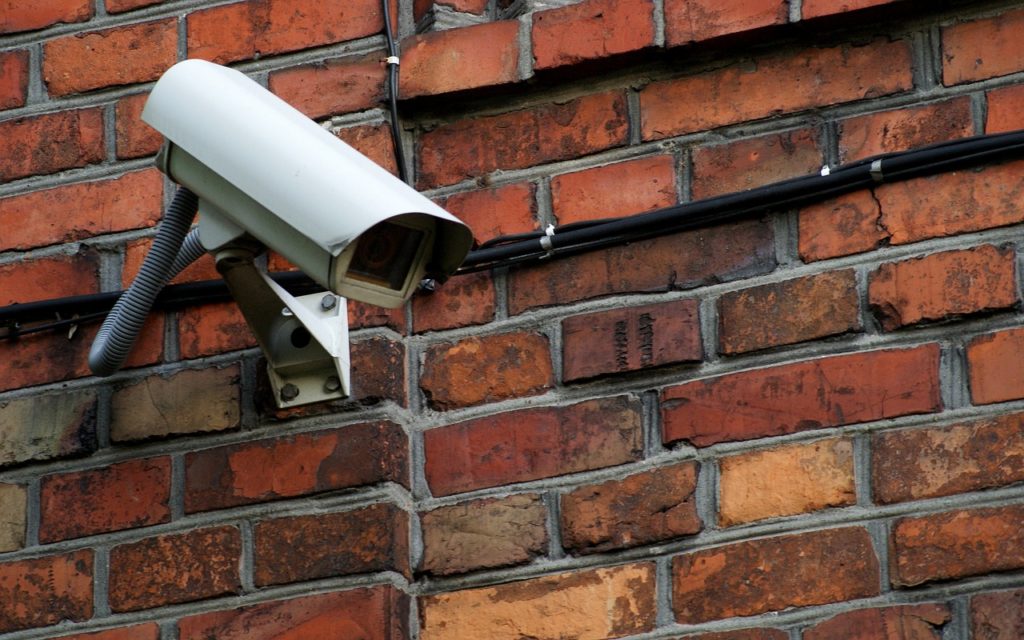Protect Your Business Against Fire Risk

As a business owner, you know that ensuring the safety of your employees and property is your number one priority. Therefore, your company needs to invest in fire safety, including installing fire alarm systems and conducting fire safety procedures. Every company needs a fire safety policy and equipment that prevents or detects fires. However, these systems are especially important in industrial, high-rise, commercial and campus buildings. These are a few things you need to know about protecting your business through annual fire inspections.
Yearly Inspections
Every year, your fire alarm systems should be inspected by a licensed inspection company because yearly inspections are mandated by the state for most businesses. These inspections include your fire alarms and suppression equipment, such as your sprinkler systems and fire extinguishers. They should also include a review of your facility and its processes to identify any risks. In addition, each year fire and safety codes are changed and adapted with new information, and a proper inspection can identify areas where your current system does not meet new fire codes.
Therefore, consider establishing a relationship with one company so that you have a single service agreement for all your fire protection equipment. Not only will they learn about your company and its current system and needs, but these professionals will also inform you of the newest, highest quality products available to protect your company.
Additional Services From Inspectors
Professional inspectors may also provide you with emails or phone calls of upcoming inspections. They may also communicate new requirements via email or phone so you can upgrade your system. Your inspection reports should be available for you to download online. This gives you the opportunity to carefully review the deficiencies of your system and hire professionals to complete the work necessary to bring your system up to date.
Some companies may even include some emergency services in their contracts, such as voice evacuation and monitoring services in a central location. They may even provide facility reviews by engineers to ensure your system meets or exceeds your needs.
Fire alarm systems are the first step in mitigating your fire risk. However, your risk reduction procedures should also include the installation of suppression systems and yearly inspections.
